


The MEPI training programme aims to help preschool educators and early interventionists apply collaborative teaming practices in the early childhood classrooms
The course consists of a series of workshops, professional conversations, guided lesson planning and teaching practices where participants will be coached to apply concepts, strategies and skills learnt into their natural classroom routines, activities and lesson plans. This allows for authentic learning and real-work-real-time application of learning.
Developed from a 3.5 years capability building project between Rainbow Centre, St James’ Church Kindergarten and PAP Community Foundation (PCF), conceived with the Lien Foundation, MEPI aims to contextualise a strong and sustainable practice of Co-Teaching for early childhood inclusion in local preschools in Singapore.
The MEPI programme aims to help preschool educators and early interventionists apply collaborative teaming practices in the early childhood classrooms and begins by introducing the concept of collaborative teaming and co-teaching as the foundation in Learning Unit 1. Learning Unit 2 to 4 provides learners with strategies, tools, key concepts of inclusive practices that educators can apply in their lessons when they use the collaborative teaming approach to co-teach together.
Registration is now open
If you are unable to register via ECDA, please use the following links:
Individual Registration | Group Registration (Up to 3 pax)
This course provides an introduction of the collaborative teaming approach and practices amongst various early childhood stakeholders. Collaborative teaming practices are analysed and discussed for the purpose of planning and implementation of learning. Learners are equipped with the skills and knowledge to support the learning and development of children with special needs.
Registration is now open
If you are unable to register via ECDA, please use the following links:
Individual Registration | Group Registration (Up to 3 pax)
Suitable for Inclusion Coordinators, Learning Support Educators, Early Childhood Educators and Early Intervention Professionals in the preschool settings.
For any queries, please contact us at rctc@rainbowcentre.org.sg or call 6817 9420 / 6817 9419.


Defined as a repetitive cycle of planning Twogether, Teaching Twogether and Reviewing Twogether, where 2 or more adults plan and deliver lessons and activities to a diverse group of students at the same time, in the same physical space. Effective co-teaching allows opportunities for differentiated instructions and enhances teaching practices and instructional approaches in the classrooms that embeds individual student’s learning needs. It is a common model used to provide direct support to children in inclusive settings and was one of the practices extensively used in inclusive classrooms MEPI visited in Finland and British Columbia.
With true co-teaching, children perceive the co-teachers as a team, each member of which is equally in charge and play equally active roles in lesson delivery. Successful co-teaching sets the tone for how all children can be meaningfully engaged in an inclusive classroom. Importantly, co-teaching creates a good and strong platform for capacity building, knowledge exchange and knowledge transfer where educators to learn from each other’s expertise and in turn expand the scope of their teaching capacity.

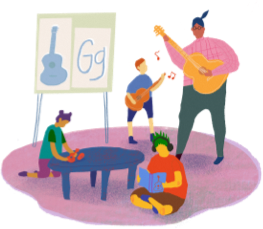


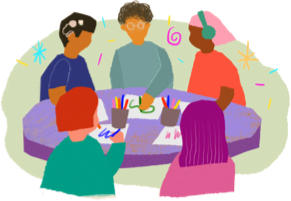



Making Every Preschool Inclusive (MEPI)
Collaborative teaming is a key support to inclusive practices in the early childhood classroom. Collaboration needs to take place at the leadership, classroom and families levels. This includes building professional capabilities of early childhood educators and early interventionists, with the aim to benefit not just children with developmental needs but also increase overall classroom engagement for all children.
The MEPI programme aims to help preschool educators and early interventionists apply collaborative teaming practices in the early childhood classrooms and begins by introducing the concept of collaborative teaming and co-teaching as the foundation in Learning Unit 1. Learning Unit 2 to 4 provides learners with strategies, tools, key concepts of inclusive practices that educators can apply in their lessons when they use the collaborative teaming approach to co-teach together.
The course consists of a series of workshops, professional conversations, guided lesson planning and teaching practices where participants will be guided and coached to apply concepts, strategies and skills learnt into their natural classroom routines, activities and lesson plans. This allows opportunities for authentic learning and real-work-real-time application of learning.
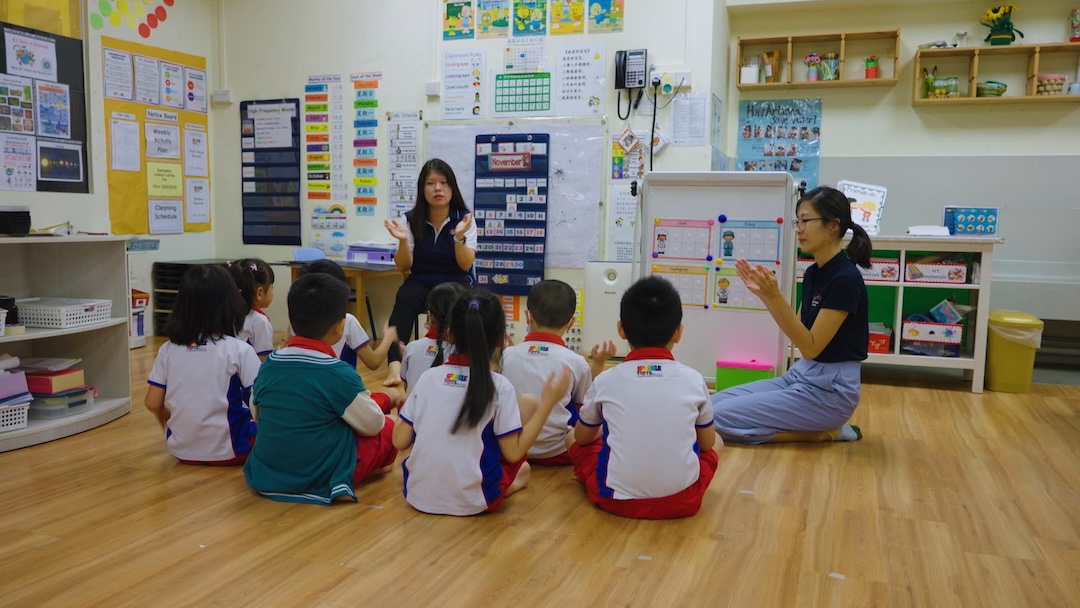
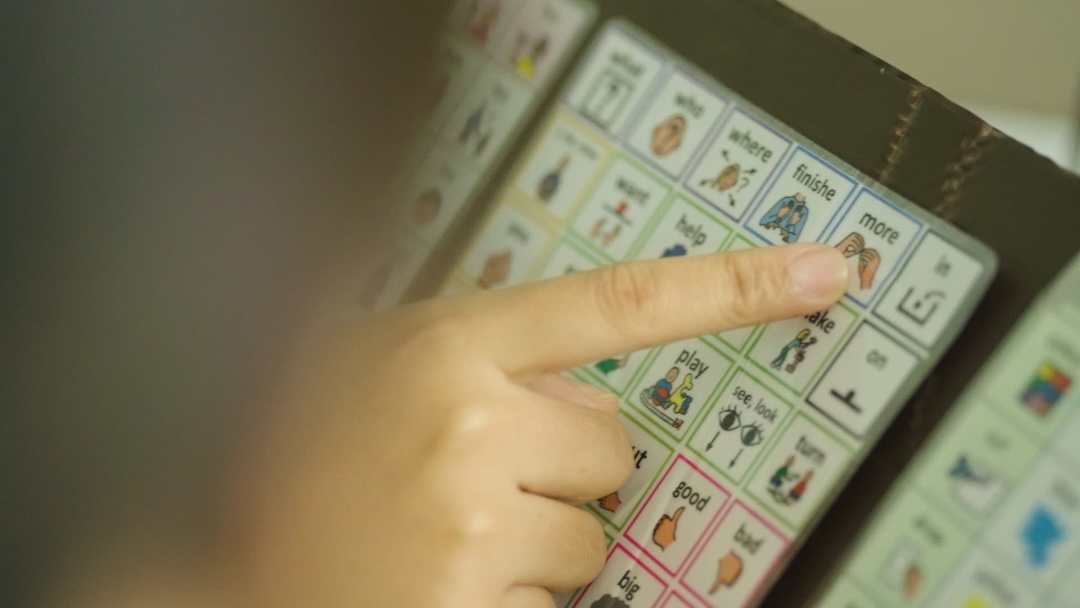
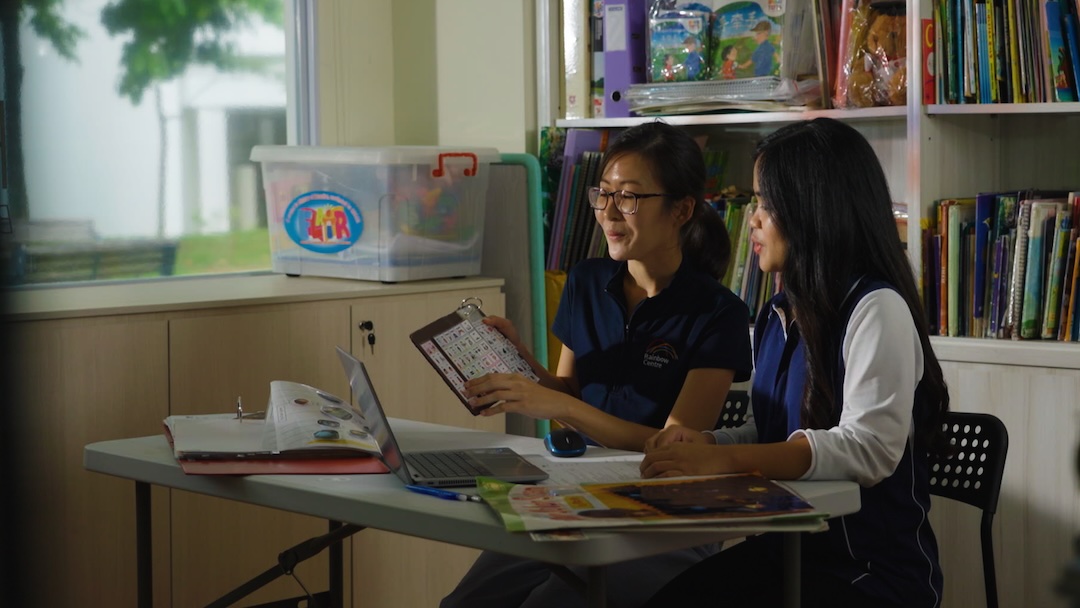

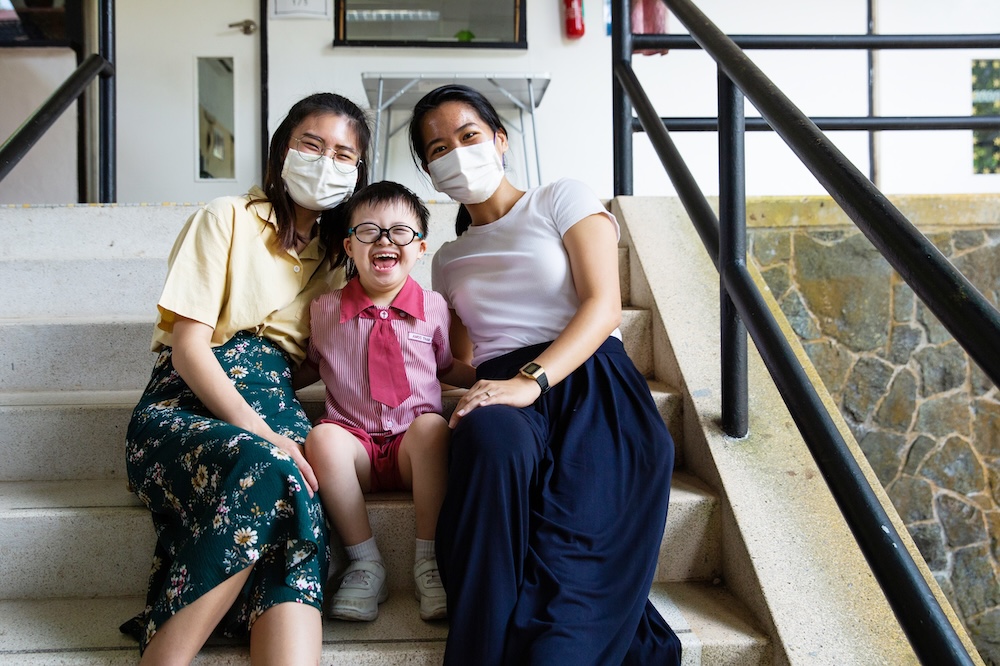
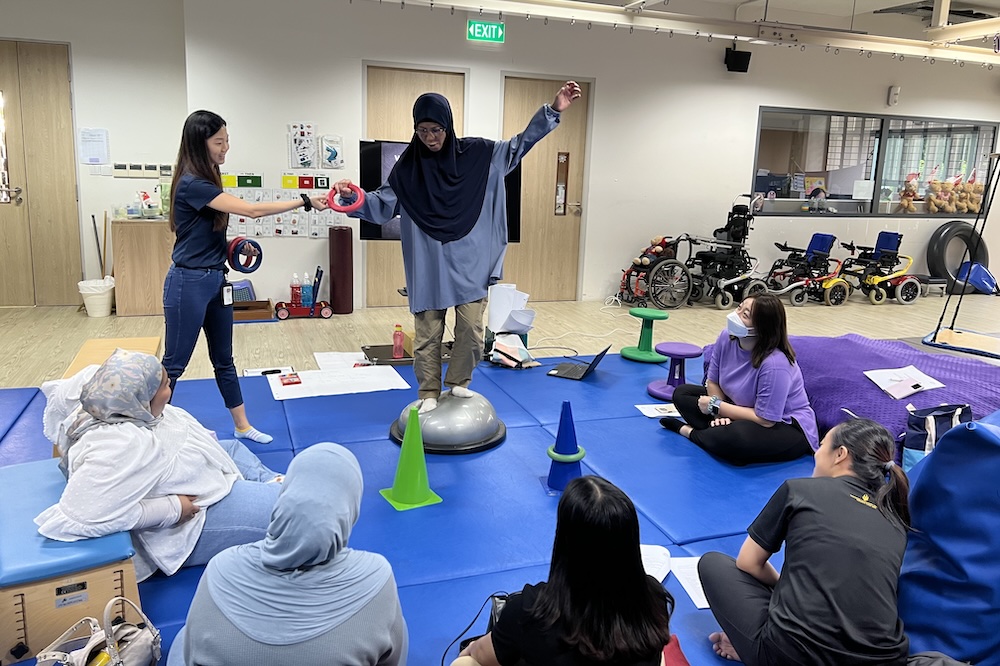
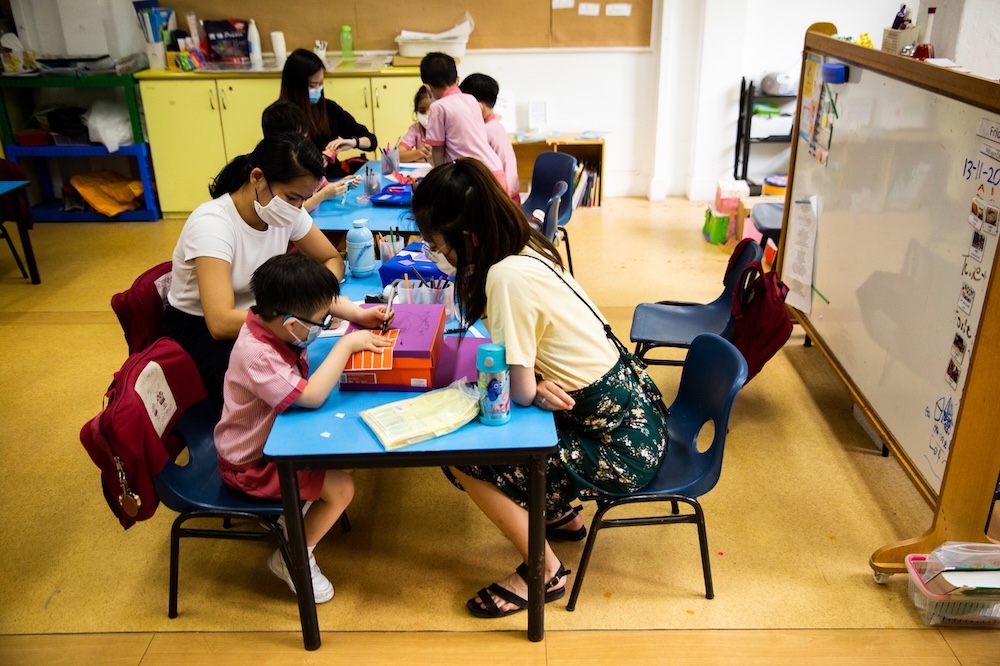
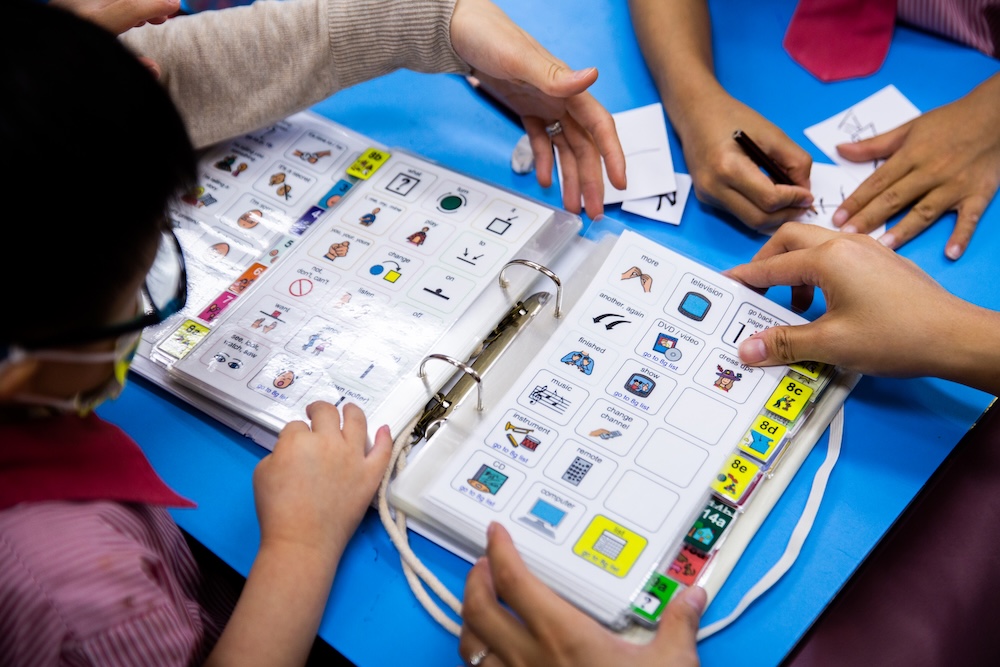
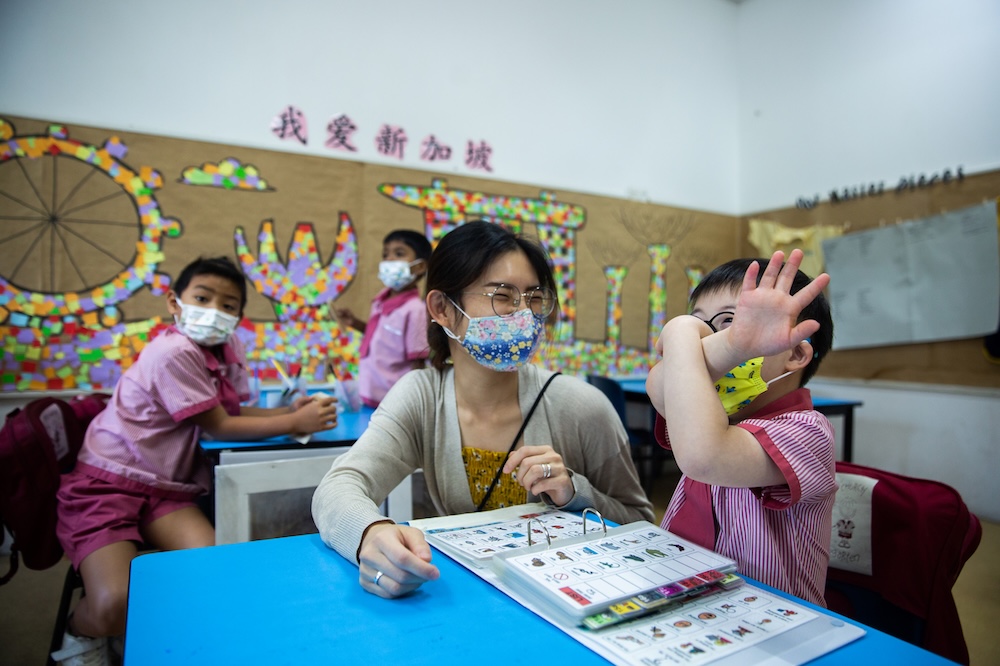
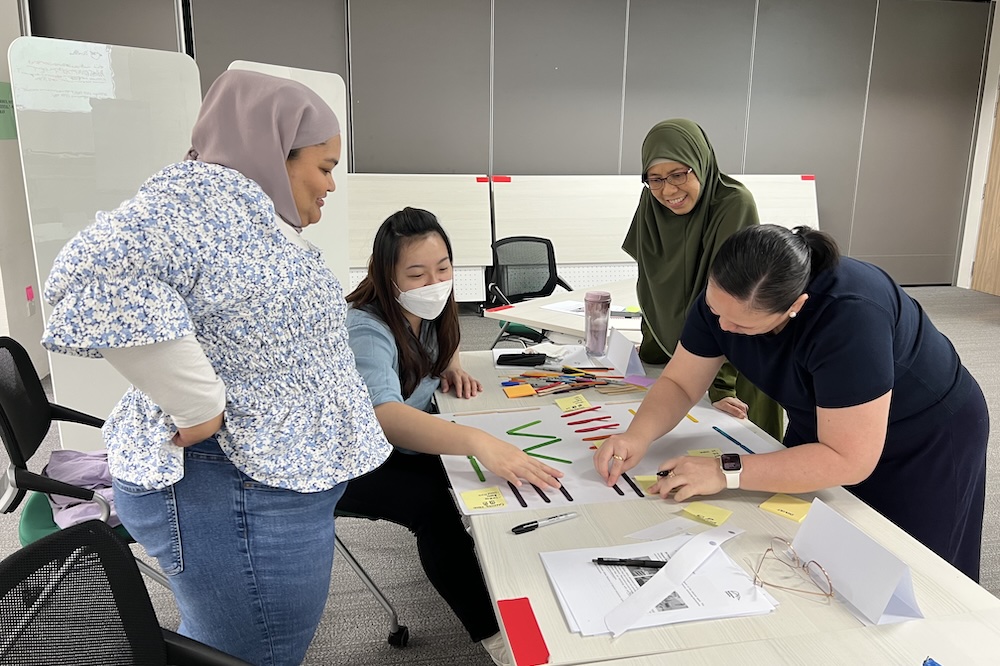
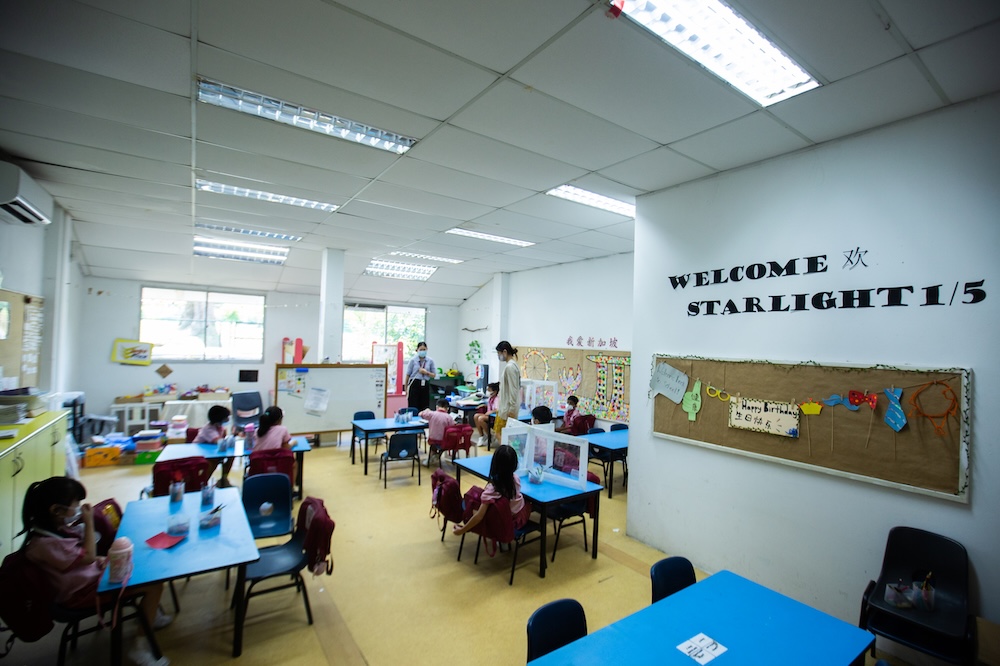











Learning Outcomes
At the end of the course, participants will be able to:
- Explain the need to engage in collaborative practice to support inclusion
- Describe the benefits of a co-planning and co-teaching method in preschools for inclusion
- Develop necessary skills and mindsets for relationship building that supports collaboration
- Identify various factors that impact the success of strong co-teaching teams
- Describe the tools and structures to facilitate collaborative practice in lesson design and implementation
- Apply collaborative structures to enhance current teaching practice
- Identify what the different types of visual supports are and how they can benefit all children
- Create or adapt lesson plans and materials that incorporate different types of visual supports to promote participation and independence in classroom routines and activities
- Use different types of visuals to promote participation and independence in classroom set up, routines and activities
- Identify possible functions of behaviors
- Describe how arousal regulation impact students' learning and behaviour
- Explore arousal regulation strategies to support learning and behaviour
- Create or adapt materials and instructional approaches to incorporate a variety of proactive strategies to manage behavioural challenges
- Apply proactive strategies into daily activities in the classroom
- Identify types of communication challenges children with developmental needs experience and how they manifest in the classroom
- Describe the impact of communication and language difficulties on learning and social relationships
- Apply curriculum specific communication and language facilitation strategies to support the inclusion of all children
If you are unable to register via ECDA, please use the following links:
Individual Registration | Group Registration (Up to 3 pax)
For any queries, please contact us at rctc@rainbowcentre.org.sg or call 6817 9420 / 6817 9419.


Applying Collaborative Teaming Strategies (ACTS)
This course provides an introduction of the collaborative teaming approach and practices amongst various early childhood stakeholders. Collaborative teaming practices are analysed and discussed for the purpose of planning and implementation of learning. Learners are equipped with the skills and knowledge to support the learning and development of children with special needs.
Learning Outcomes
At the end of the course, participants will be able to:
- Work with stakeholders in the collaborative teaming context
- Support the planning and implementation of goals, objectives and activities in collaborative teaming
- Record collaborative activities for following up with the appropriate stakeholders
“MEPI has equipped the teachers with relevant knowledge and skills required to better support the different needs of a diversity of learners in the early childhood classroom. As a centre leader, I have also gleaned much from MEPI and the trainers, having gained insight and learned strategies applicable, to better guide my teachers in their classroom management and teaching practices.”- Ramona Chan, Centre Leader (Little Olive Tree @ Bukit Batok)
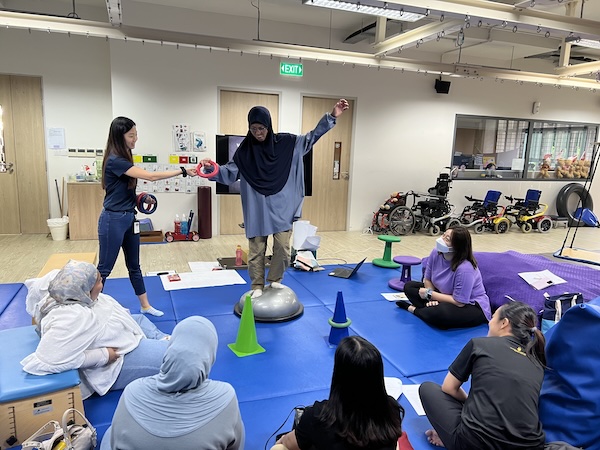
“The Making Every Preschool Inclusive (MEPI) course has truly highlighted the power of co-teaching and co-planning in fostering a collaborative and inclusive learning environment. By working alongside early childhood educators in a shared planning process, I’ve learned how to integrate diverse expertise, tailor interventions to meet individual needs, and ensure that all children receive the necessary support in the classroom. This approach enriches the learning experience for each child.One of the most valuable aspects of co-teaching is how both children with developmental needs and their typically developing peers can equally benefit from this approach. It fosters empathy, mutual respect, and collaborative learning, providing all children the opportunity to learn from one another. I’m excited to apply these practices in my preschool setting, confident that they will have a lasting impact on both the children and our team.”- Ms Bamashankari d/o Saseendran, Early Interventionist (New Life Preschool)
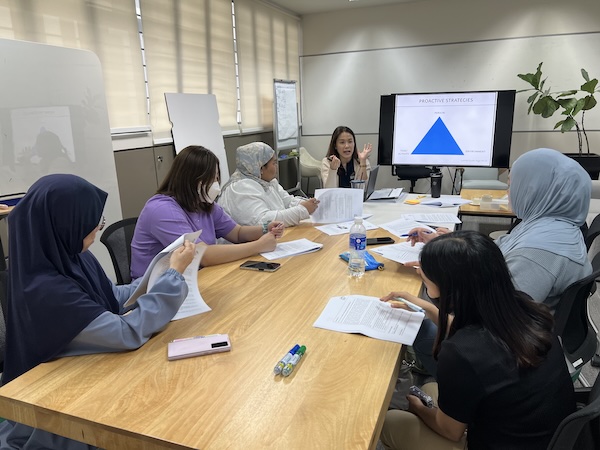
“MEPI is not just catered for children with additional needs, like Autism or ADHD; it is about maximizing learning for everyone.”– Ms Prem Andina, Lead Teacher, Inclusion Co-ordinator (PAP Community Foundation (PCF))
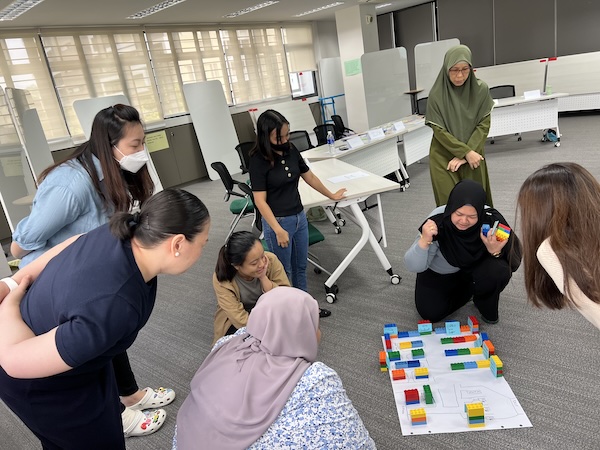
“MEPI has equipped the teachers with relevant knowledge and skills required to better support the different needs of a diversity of learners in the early childhood classroom. As a centre leader, I have also gleaned much from MEPI and the trainers, having gained insight and learned strategies applicable, to better guide my teachers in their classroom management and teaching practices.”- Ramona Chan, Centre Leader (Little Olive Tree @ Bukit Batok)

“The Making Every Preschool Inclusive (MEPI) course has truly highlighted the power of co-teaching and co-planning in fostering a collaborative and inclusive learning environment. By working alongside early childhood educators in a shared planning process, I’ve learned how to integrate diverse expertise, tailor interventions to meet individual needs, and ensure that all children receive the necessary support in the classroom. This approach enriches the learning experience for each child.One of the most valuable aspects of co-teaching is how both children with developmental needs and their typically developing peers can equally benefit from this approach. It fosters empathy, mutual respect, and collaborative learning, providing all children the opportunity to learn from one another. I’m excited to apply these practices in my preschool setting, confident that they will have a lasting impact on both the children and our team.”- Ms Bamashankari d/o Saseendran, Early Interventionist (New Life Preschool)

“MEPI is not just catered for children with additional needs, like Autism or ADHD; it is about maximizing learning for everyone.”– Ms Prem Andina, Lead Teacher, Inclusion Co-ordinator (PAP Community Foundation (PCF))

If you are unable to register via ECDA, please use the following links:
Individual Registration | Group Registration (Up to 3 pax)
Notes
Dates subject to change and registered participants will be informed.
For any queries, please contact us at rctc@rainbowcentre.org.sg or call 6817 9420 / 6817 9419.



